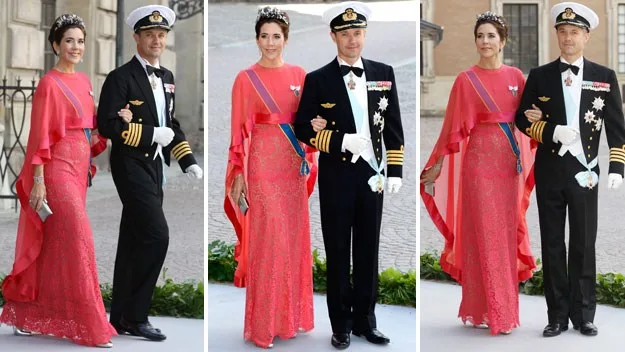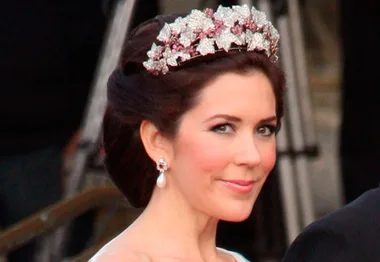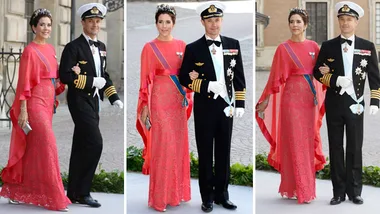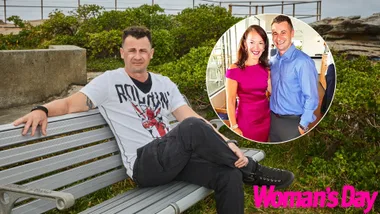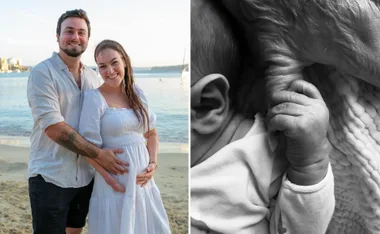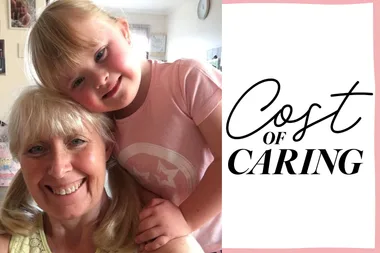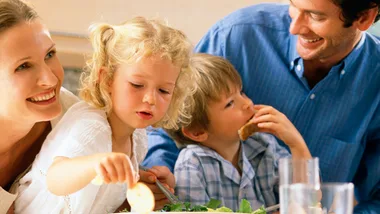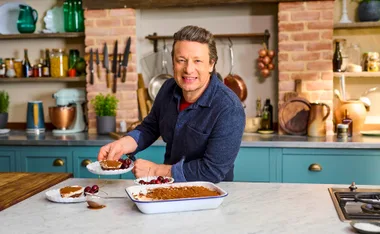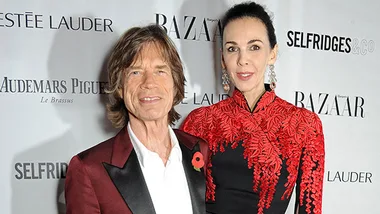The pursuit of happiness is a lifelong goal for most of us. No matter who you are or what you do, one thing we have in common is the want and need to be happy.
And the great news is that, according to psychologist and founder of the Happiness Institute in Sydney, Dr Timothy Sharp, happiness can be learned, just like any other life skill.
“We can all be happier,” Dr Sharp says. “Wherever you’re starting from, we all can improve. But it’s not a competition, as happiness is a subjective judgement. Happiness is something we should all strive towards and can all achieve.”
Dr Sharp explains that there are two essential ingredients for happiness. “One of the most important factors is quality relationships with people who surround us,” he says.
“And this means every relationship, from the most intimate with your partner to children, family, friends, colleagues and the people who make your coffee in the morning. One of the strongest findings we’ve had is that happy people have more and better quality relationships.”
“Another critical tool is being optimistic ? focusing on the good things in life and, even when difficulties arise, dealing with them in a constructive way.”
Dr Sharp is the author of the recently-released book 100 Ways to Happiness: A guide for busy people. So we asked this very happy expert for advice on how to be happy.
What is the definition of happiness?
“It encompasses a range of emotions, from the obvious ? joy and excitement ? to the less obvious but just as important, calm, contentment and satisfaction,” Dr Sharp explains. “It’s also about having an element of meaning and a real purpose in life.”
Is happiness a choice?
“Yes, very much so,” explains Dr Sharp. “I’ve actually created an acronym for the word ‘choose’ that encompasses exactly what happy people do.”
C = Clarity (of goals, direction and life purpose) Happy people set clear goals and determine clear and specific plans to ensure these goals become reality. So clarify your life plan now ? because no one else will do it for you!
H = Healthy living (activity, exercise, diet, nutrition and sleep) Health forms a crucial part of the foundation of happiness. It’s hard to be happy if you’re literally sick and tired all the time. So do whatever you can to be healthy and you’ll boost your chances of being happy.
O = Optimism (positive but realistic thinking) There’s no doubt that happy people think about themselves, others and the world differently. Amongst other things, they search for positives. The good news is that this is something you can learn to do, so start practising now.
O = Others (the key relationships in your life) Research strongly indicates that happy people have both more and better-quality relationships. So make sure you devote time to developing and fostering your key relationships.
S = Strengths (your core qualities and attributes) Rather than spending all their time trying to fix their perceived weaknesses, happy people spend more time identifying and utilising their strengths. Find out what you’re good at and do it as much as possible.
E = Enjoy the moment (live in and appreciate the present) The past is history, tomorrow’s a mystery and today’s a gift ? that’s why they call it ‘the present’! Live in the moment and enjoy life more.
Does money make us happy?
“Yes, but much less is required than people think,” Dr Sharp says. “If you’re in a very low socio-economic bracket, then of course money can help. If you’re at a certain point ? and it’s something like having an income of $25,000 a year ? then yes, more money might make you a bit happier. But from then onwards, money is actually one of the smallest contributors to happiness.”
For further reading, visit the Happiness Institute website.
Related video: Choosing to be happy.
Newsletter conversion description. Get the latest in your inbox.




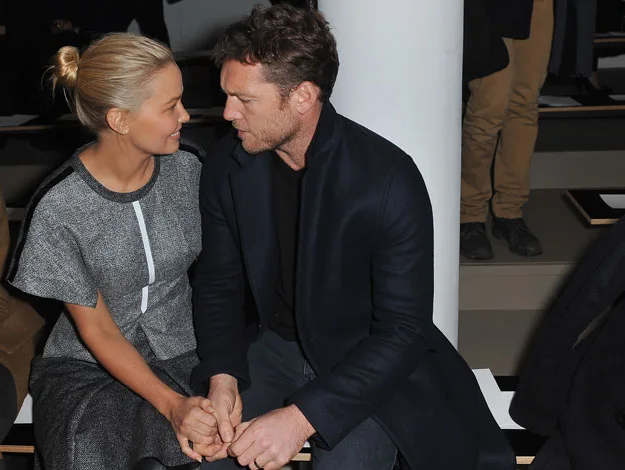



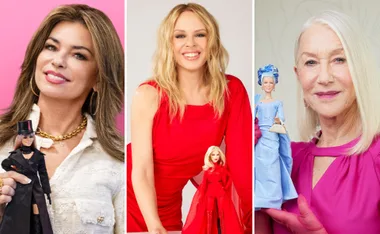




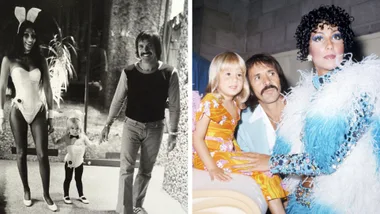



.png?resize=380%2C285)

